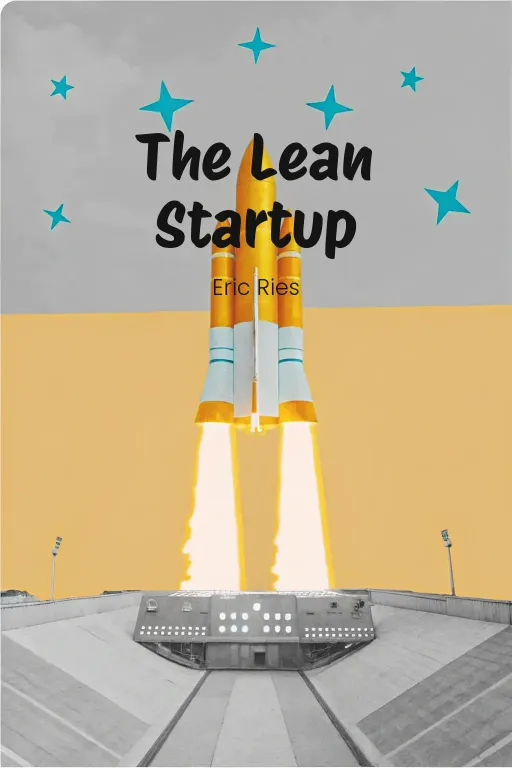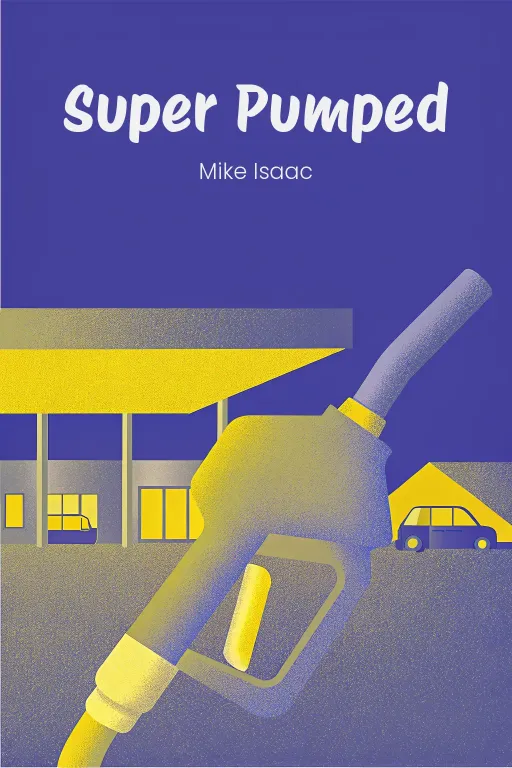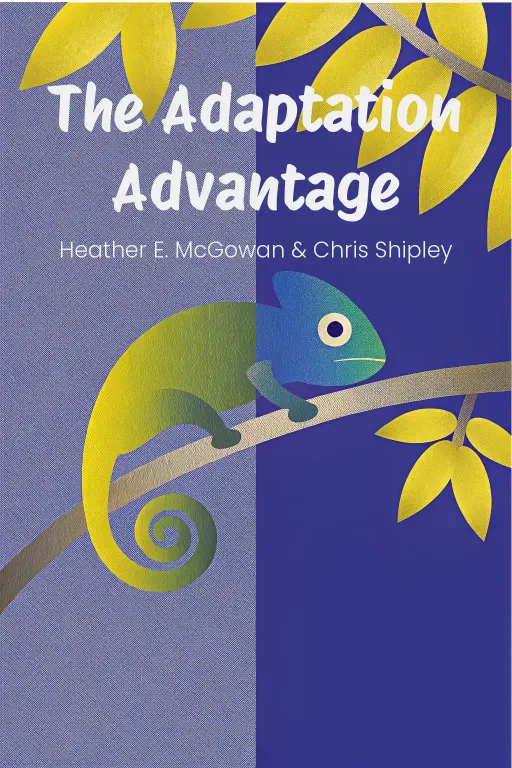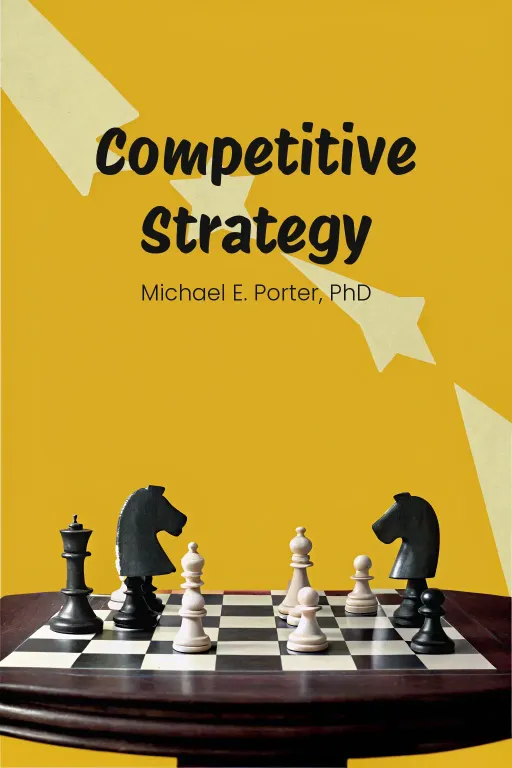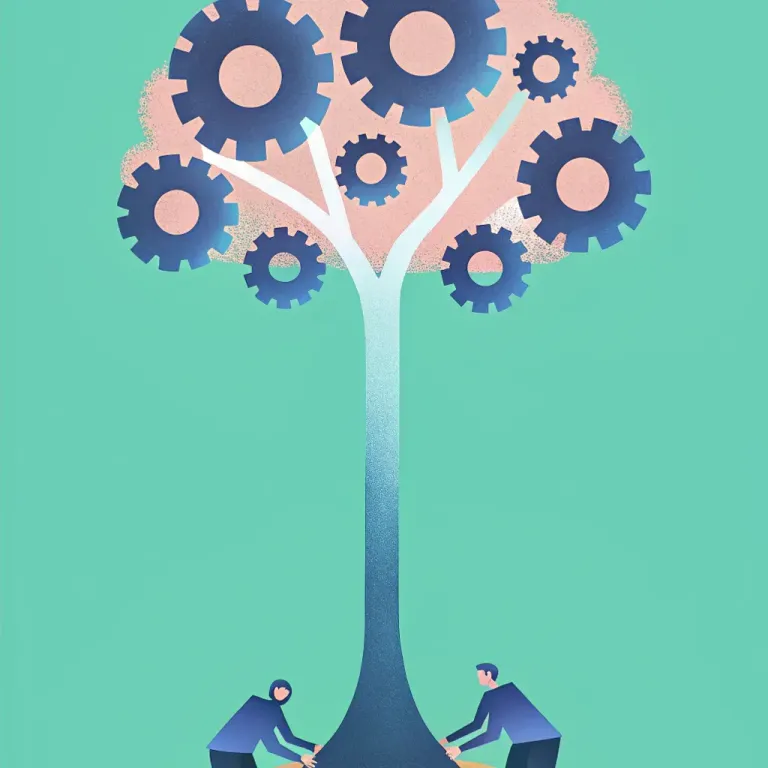
Beyond Growth: Building a BETTER Business
Podcast by Next Level Playbook with Roger and Patricia
Companies That Choose to Be Great Instead of Big
Beyond Growth: Building a BETTER Business
Part 1
Roger: Hey everyone, welcome back to the podcast! Let me kick things off with a question: when you picture a wildly successful company, what pops into your head? Is it crazy profits? Total market domination? Or just breakneck growth? Patricia: Or maybe the ultimate goal is getting snapped up by some mega-corporation, right? But what if the real win is actually staying small? Not small in terms of impact, mind you, but small in spirit, in ethos? Roger: Yes, exactly! We're diving into a concept today that completely turns the traditional success formula on its head. Bo Burlingham’s book, Small Giants, introduces us to these amazing companies that define success not by revenue or market share, but really by how well they live their values, how they treat their employees and customers, and ultimately, how they stay true to their mission. Patricia: Okay, so these companies are consciously choosing to say "no thanks" to growth at any cost. But honestly, how many of them actually manage to stay afloat, let alone thrive, without scaling? Roger: I love that skepticism, Patricia! We'll definitely address the long-term survival question. First, it's worth mentioning that Burlingham provides really compelling case studies of businesses that have flourished precisely because they prioritize relationships, their local community, and even the quality of their products and services. These are companies that genuinely believe that greatness doesn't automatically mean bigness. Patricia: Alright, but I'm already gearing up to ask the tough questions. Like, are those warm and fuzzy values actually sustainable when you're battling it out in the real business world? And if so…at what cost? Roger: Perfect lead-in! Today, we’re going to break it down into three core ideas: First, we’ll look at how these "small giants" put their values front and center, ahead of just endless growth, and what that looks like in practice. Second, we'll explore the specific leadership styles that help them create these super unique, tight-knit company cultures. And finally, we’ll discuss how these businesses foster these win-win relationships with their communities, becoming something more meaningful than just another brand. Patricia: Values, leadership, community—got it. Sounds a bit like a business utopia, doesn't it? I’m ready to poke some holes in that rosy picture! Roger: Well, it's not all sunshine and roses, of course, but it's definitely a fascinating and thought-provoking approach. So, let’s dig in!
Values Over Growth
Part 2
Roger: Okay, Patricia, let's dive right in. We're talking about putting values before growth, which is kind of a rebellious idea, right? So many businesses are all about “grow at all costs.” Burlingham's Small Giants shows us there are companies that deliberately choose a different path. They believe sticking to their values is more important than endless expansion. Patricia: Exactly! Take Anchor Brewing, for example. Fritz Maytag essentially said, "Forget cutting costs or becoming a mass-market brewery; we're focusing on quality." And look at them now, artisan brewing is huge! But back then, it was a pretty big risk. Who knew people would actually pay more for a small-batch beer, instead of grabbing whatever was cheapest? Roger: Totally! He basically revolutionized the beer world, and it took guts. Maytag doubled down on tradition when everyone else was going industrial. But it wasn't just nostalgia. He truly believed that if Anchor became just another huge company, they'd lose what made them special—their authenticity. And here's the cool thing: by choosing to stay small, he actually sparked innovation and paved the way for the entire craft beer movement. Patricia: So, it wasn't just about resisting growth, but redefining growth on his own terms. Okay, I get that. But, playing devil's advocate here – what stopped Anchor Brewing from becoming a global brand, like Heineken or Sam Adams? Could they have scaled up and still maintained their soul? Roger: Good question, Patricia! But bigger isn't always better. Burlingham points out that these companies, like Anchor, are great because of their strong connection to their roots. Expanding too much might have broken that connection. Imagine moving production out of San Francisco or automating everything; they’d lose the craftsmanship that set them apart. Maytag's choice to stay small was like trusting his customers, his product, and the traditions that defined the business. Patricia: Fair point. Now, let's talk about an even crazier story... Clif Bar's Gary Erickson turning down $120 million! Roger, most people hear that kind of money and think, "Jackpot! Time to retire." What was he thinking? Roger: Oh, it's such a defining moment! Gary Erickson was at the table, ready to sign the deal. Then, he had this kind of visceral reaction. He wasn't just selling a product. He was selling control, the company’s culture, the ability to decide what Clif Bar stood for in the future. If he'd sold, everything could have been turned into a commodity, the sustainability, the sourcing, even how they treated employees. He realized he couldn't live with that, so he walked away. Patricia: Alright, that's a powerful story, but, let's get real. How did he deal with the aftermath? I mean, turning down $120 million has to have some serious consequences. The investors must have been furious. Roger: Absolutely, it was a huge risk. But Erickson's long-term vision paid off. By staying independent, Clif Bar was able to focus on its mission for the long run—and their profits. They're now a prime example of a company that blends success with strong environmental and social values. And turning down that deal showed both employees and consumers that those values were more than just a marketing ploy; they were the foundation of the brand. Patricia: Okay, but, does this only work in certain industries? It's easier to get people excited about your values when you're selling organic energy bars, right? What about tech or logistics? Can we “really” apply this across the board? Roger: That's where the nuance of Burlingham's idea comes in. It's not a one-size-fits-all solution; it's about building a business that fits your own unique vision. Take Zingerman's Community of Businesses. They were super popular and could have easily franchised their deli everywhere. Instead, Ari Weinzweig and Paul Saginaw chose to grow horizontally, right in their own community. They launched a bakery, a creamery, and other businesses all connected by the same values. They deliberately stayed in Ann Arbor, proving that growth doesn't need to be huge to be impactful. Patricia: Yeah, that’s pretty creative, I have to admit. They ditched the cookie-cutter franchise for a model that protected their culture. But what’s the downside of staying small, Roger? Could Zingerman’s have become the next Panera if they’d scaled up more aggressively? Roger: Sure, they might have gone national. But at what cost? Their strong community focus would have been diluted. Burlingham also makes a key point: small giants like Zingerman’s redefine what "scaling" even means. They’re focused on enriching the community and deepening relationships rather than chasing market share. And that focused growth is very powerful in its own way. Patricia: Okay, I'm starting to see that there's something “really” compelling about challenging the traditional idea of success. It makes you wonder, are we all too focused on the numbers? Roger: Exactly! When we just judge businesses by revenue or market share, we miss what “really” makes them special: loyal employees, a positive impact on the community, and meaningful experiences for customers. Burlingham's small giants show us that choosing to stay small doesn't mean the business will think small; it means being intentional and staying true to your values every step of the way.
Conclusion
Part 3
Roger: So, to bring it all together, “Small Giants” really asks us to rethink what success actually “means” in business, doesn't it? It's not just about growing for the sake of growth, or grabbing as much market share as possible. It’s about making conscious decisions – really focusing on craftsmanship, community, and those core values, instead of just chasing endless expansion. We looked at folks like Fritz Maytag at Anchor Brewing, Gary Erickson at Clif Bar, and everyone at Zingerman’s – they all redefined growth on their own terms. It just goes to show you that true greatness is about so much more than just size. Patricia: But that doesn’t mean it’s always easy, right? As we talked about, choosing to stay small or prioritize values can definitely come with its own set of challenges—like saying no to huge investments or resisting the urge to go mainstream. Is that tough? But, if there’s one thing I learned, it’s that success isn’t a cookie-cutter deal. These companies all found their, let’s say, their inner magic by staying true to who they were, even when it wasn't the most obvious or popular choice. Roger: Exactly, Patricia. And for our listeners, I think the big question to think about is: How “do” we define success? Not just in our careers, but, you know, in our own lives? “Small Giants” really proves that being great doesn't always mean taking over the world or growing forever. Sometimes, it's about understanding what you're here for, really investing in the things that matter most, and staying closely connected to what you believe in. Patricia: Right. So, whether you’re running a company, working at one, or just thinking about what you want out of life, maybe take a second to ask yourself – how “do” you measure success? And maybe, just maybe, being small, being focused, is the key to actually thinking big and making a real impact. Roger: I love that, Patricia. Thanks for the insightful conversation today, and thanks everyone for exploring “Small Giants” with us. Until next time, be true to yourselves and what makes you great! Patricia: Nailed it, Roger. See you all next time!
